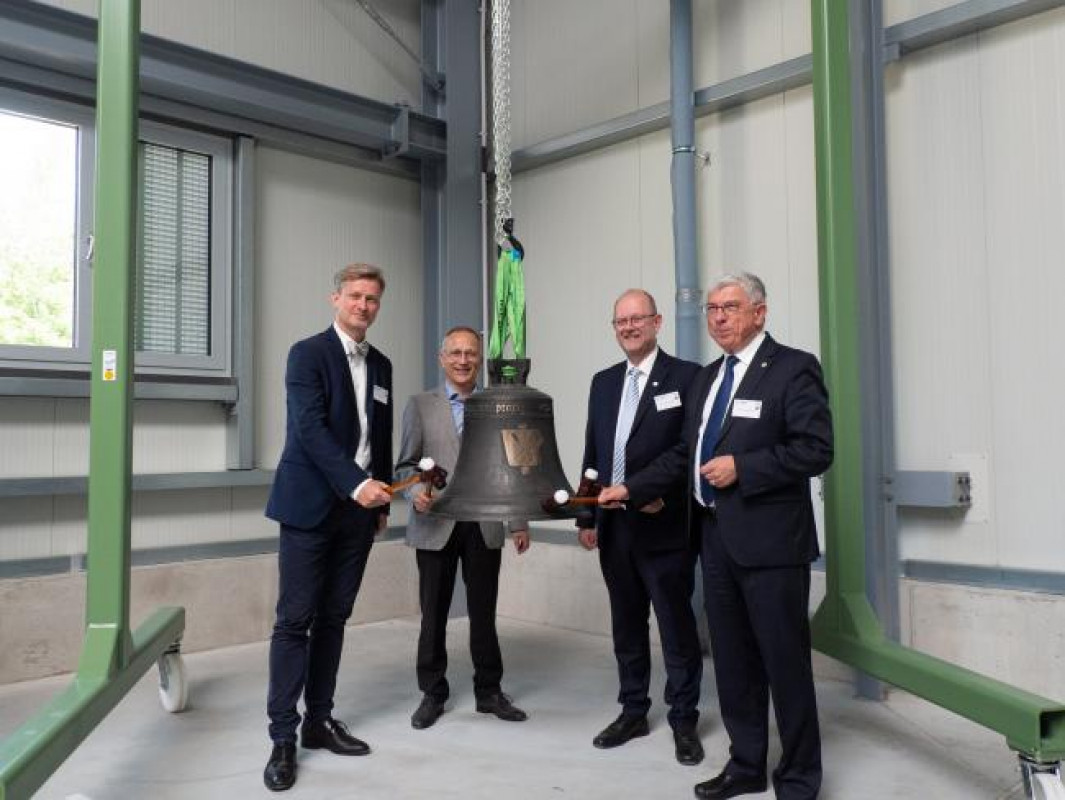
The Centre for Climate-Neutral Metallurgical Thermoprocesses was opened in Freiberg in June: with this new technical centre, scientists from the TU Bergakademie Freiberg are investigating how energy-intensive processes that are currently powered by natural gas can be supplied with energy using renewable methods. They are focusing primarily on the melting of metals, but also on the ceramics and glass industries. One way of making these processes greener is to electrify them. Ideally, the energy required for this would be supplied by electricity from renewable sources.
"With the new centre for climate-neutral metallurgical thermoprocesses, we want to find solutions for the current challenge facing many industries that want to replace natural gas as an energy source in the near future. Our goal is to optimise emission-free thermoprocesses through a closed-loop system," says Professor Gotthard Wolf, head of the Foundry Institute at the TU Bergakademie Freiberg.
In order to get closer to this goal, two technologies have already been developed at the TU Bergakademie Freiberg that could replace natural gas burners in the future. When green electricity is used, the melting process, for example of aluminium, becomes completely CO2-free. These are a plasma-heated hot gas torch and an inductively heated hot gas torch. "Each of the electrically operated torches could be replaced in existing smelting furnaces without the mostly medium-sized foundries having to invest in alternative furnaces," explains Prof. Gotthard Wolf.
The team now wants to continue testing the two technologies in the new technical centre on the campus of the TU Bergakademie Freiberg and examine their application together with industrial partners. The construction of the new technical centre, which cost around 1.3 million euros, was made possible by the university and the Foundry Institute's own funds.

